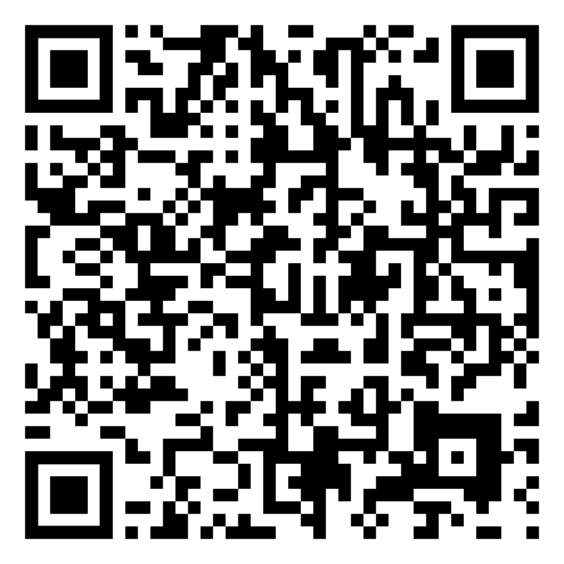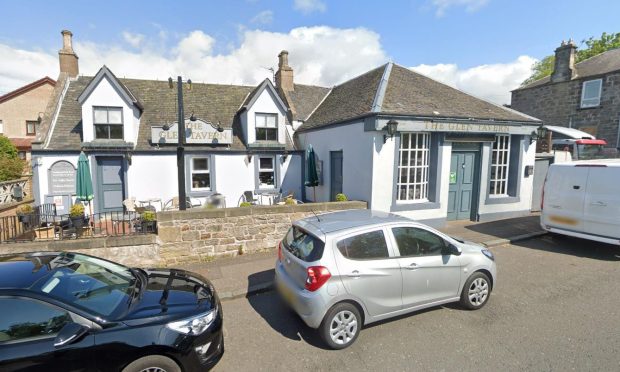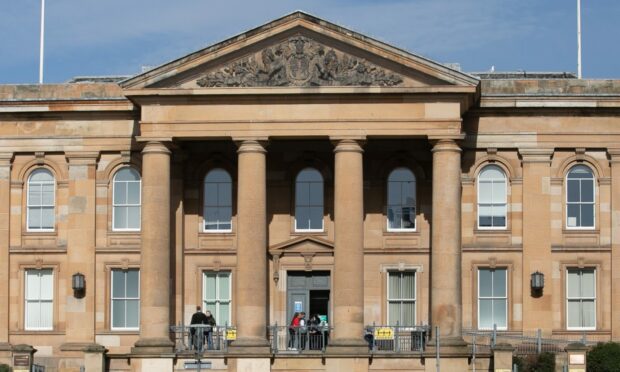A number of opticians have been selected to become dedicated Emergency Eyecare Treatment Centres (EETC) for people who need emergency face-to-face care during the COVID-19 crisis.
NHS Scotland has established a network of EETC hubs across the country to handle emergency and essential eye care following referrals from local optometry practices.
At least five EETCs have been created in Fife alone, with the likes of Specsavers and independent eye care specialist PLM Optometrists, on that list.
Anyone who has concerns about their eyes or vision has been urged to initially phone their normal optometry practice, as most offer telephone support, or contact the nearest practice that does.
A QR code showing practices has been made available, as below.

An optometrist will then take full details and give advice over the phone.
The vast majority of problems can be dealt with this in this way.
However, if there is an urgent requirement for a clinic consultation then a referral will be made to one of the Emergency Eye Treatment Centres (EETCs) in Fife or, only if absolutely necessary, to the Hospital Eye Service.
The EETCs have the Personal Protective Equipment (PPE) required to reduce the infection risk for both patients and practitioners.
The Specsavers practices in Glenrothes and Kirkcaldy are among those fully set up to follow social distancing, hygiene and PPE guidelines to ensure the safety of staff and patients.
They also offer Specsavers’ RemoteCare, a new telephone and video consultation service set up in response to the pandemic.
Kathryn Thompson, optometrist and store director at Specsavers Kirkcaldy, said: “Patients from across the area who absolutely need to be assessed and treated in person can come here, where we are fully set up to follow the latest NHS Scotland guidelines to reduce the risk of the virus spreading.
“Our service will be especially useful for key workers who couldn’t do their jobs without our help, and we’ve already been able to assist lots of people whose eye problems would otherwise have caused them real distress during the crisis.”










